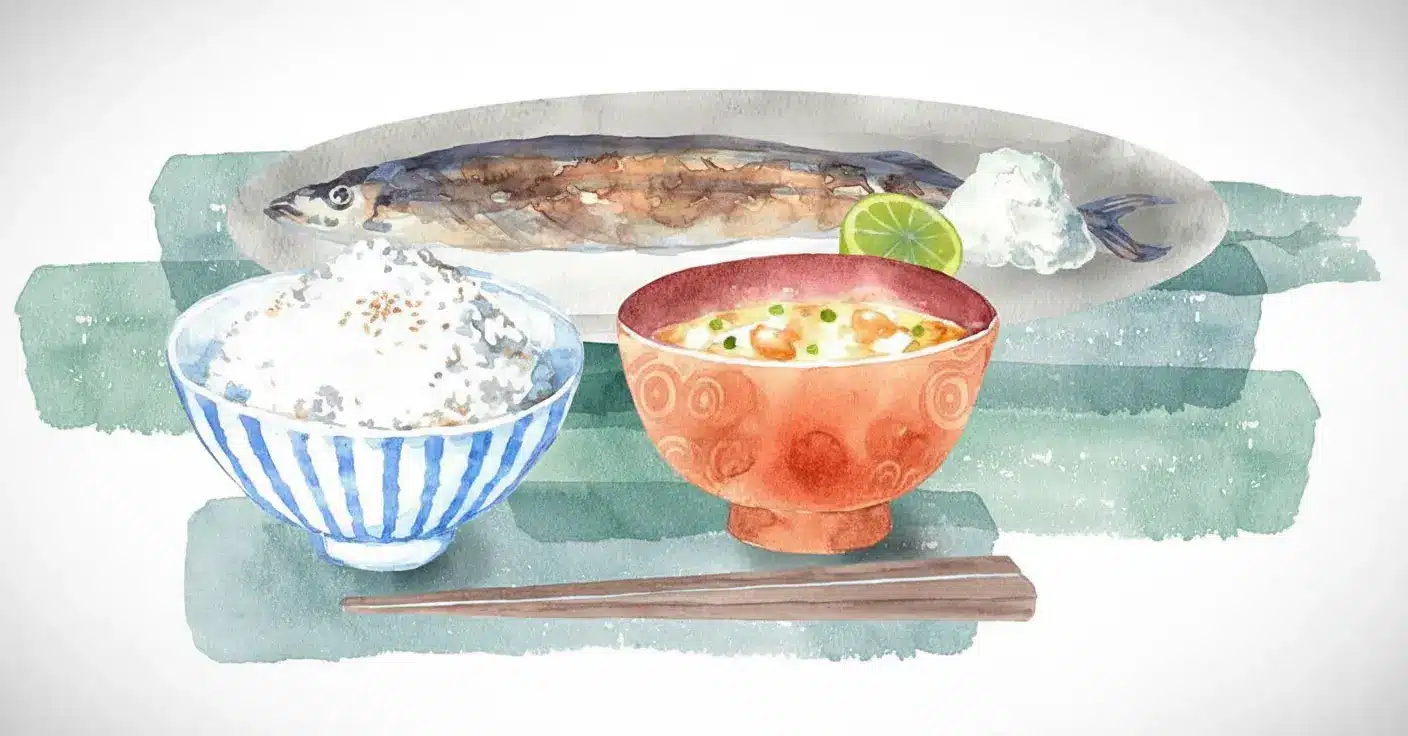What if the secret to living well over a hundred was not found in a magic pill or an expensive cream, but rather in the humble bowl on your dinner table? The residents of a small Japanese paradise may be holding that secret, and people around the world are taking notice. Welcome to Okinawa, a place where hitting the triple digits is less of a miracle and more of a norm.
The Okinawa Phenomenon: An Island Where Longevity Reigns
Okinawa isn’t just a dot on a map in the East China Sea; it’s also a mythic treasure in the world of longevity. This Japanese island is part of the exclusive « blue zones, » regions celebrated for their strikingly high life expectancy. To paint a clearer picture, Okinawa boasts 42 centenarians per 100,000 residents. For reference, that’s three times higher than in France! Even more remarkable, these centenarians seem to defy the usual afflictions tied to old age, living full, active lives well into their golden years.
So, naturally, everyone wants to know: What’s their secret?
The Okinawa Diet: Much More Than Fish Tales
For the past two decades, the Okinawa-style of eating has made culinary waves, rivaling even the famed Mediterranean diet for its nutritional virtues. But don’t expect heaping plates of pasta or endless grilled meats. The Okinawa diet is a symphony of sea delights, vibrant vegetables, and a strong emphasis on low-calorie content.
- Rich in seafood: think fish and other ocean treasures, loaded with those much-loved « iodine flavors. »
- Plant-packed: a rainbow of vegetables fills the Okinawan table, making every meal colorful and diverse in texture.
- Low calories: portions are controlled, with an eye on quality rather than quantity.
According to enthusiasts, it’s precisely this balance—light on calories, lush with nutrients, and brimming with varied flavors and textures—that helps its followers live not just longer, but better.
Does It Really Hold Up? Voices For and Against
Of course, not everyone is ready to trade their cheeseburger for seaweed salad. Some critics argue that such culinary self-flagellation isn’t worth it, regardless of the promised extra years. As one skeptic put it: « Why live twenty more years if it only means extra wrinkles and less autonomy? I prefer to stick to my lively, sporty lifestyle where joy isn’t measured in tofu servings. »
There are also cautionary tales. One intrepid eater ended up at the doctor’s after too many consecutive days of raw fish—a diet, they note, not really suited for everyone’s metabolism. This firsthand experience warns: maybe leave the daily sushi marathon to those with a proper training regime (or, you know, consider the Mediterranean diet instead).
Nutrition Trends: Between Ancient Wisdom and Modern Hacks
Is the Okinawa approach right for you? That’s the (eternal) dinner question. These days, we’re tempted by everything from paleo promises—eat like your prehistoric ancestors to regain your « natural » weight and health—to diets influenced by pop stars or even AI suggesting meal combos to resolve everyday indecision. (Yes, now your phone wants to pick your dinner, too.)
But the Okinawa example stands out for its clarity and consistency. It’s less about modern fads and more about timeless habits: make vegetables a staple, favor seafood, and don’t overdo the calories. The residents’ impressive longevity, coupled with their reduced vulnerability to age-related illnesses, speaks for itself.
- Choose variety in vegetables for nutrients and textures.
- Enjoy seafood for unique flavors and health benefits—without going overboard.
- Keep portions moderate. Remember, nourishing isn’t the same as overloading.
Conclusion: Should You Eat Like an Okinawan?
There is no one-size-fits-all answer. Not everyone relishes the idea of constant calorie control, and radical dietary changes aren’t for every palate (or gut). If, however, you’re convinced by the time-tested results from this blue zone and enjoy the idea of food that’s as flavorful as it is varied, the Okinawa diet offers some inspiration. Above all, it reminds us that sometimes, the key to longevity is found not in restriction or fleeting trends, but in the everyday celebration of fresh, simple, nutrient-rich food—preferably shared in good company. And if you do give the Okinawa lifestyle a try, maybe just don’t eat raw fish every single day. Variety, after all, could be the real spice (and secret) of life.

John is a curious mind who loves to write about diverse topics. Passionate about sharing his thoughts and perspectives, he enjoys sparking conversations and encouraging discovery. For him, every subject is an invitation to discuss and learn.






